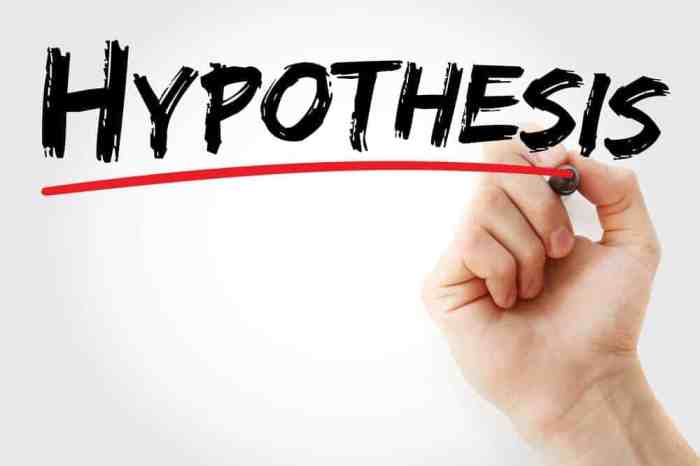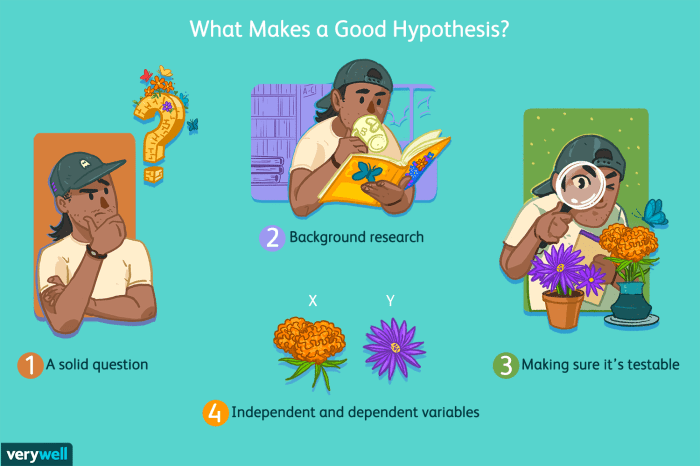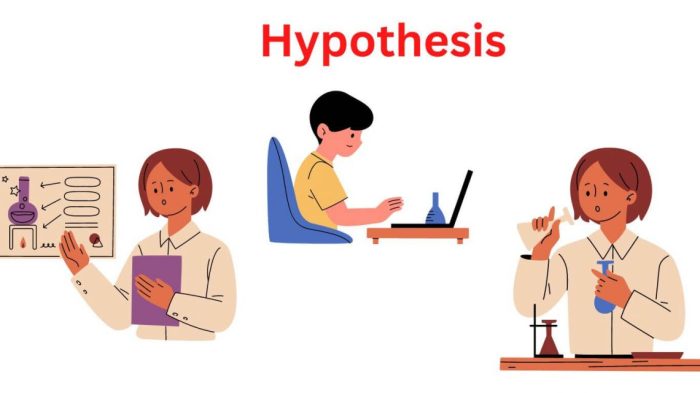An unproven statement that is based on observations holds a captivating place in the realm of knowledge, inviting us to explore the intriguing interplay between empirical evidence and unverified assertions. This discourse delves into the characteristics, significance, evaluation, ethical considerations, and societal impact of such statements, shedding light on their multifaceted nature and profound influence.
Unproven statements, often borne out of keen observation, offer glimpses into the unknown, prompting further inquiry and stimulating intellectual discourse. They challenge established notions, encourage critical thinking, and shape our understanding of the world around us.
Unproven Statements and Their Nature: An Unproven Statement That Is Based On Observations

An unproven statement is an assertion that lacks sufficient evidence to support its validity. It is distinct from a false statement, which is an assertion that is known to be untrue. Unproven statements are often based on observations or anecdotal evidence, but they may also be based on speculation or conjecture.
Unproven statements are common in everyday conversation, as well as in scientific and academic discourse. For example, a person may say, “I think my neighbor is a spy,” or a scientist may say, “I believe that dark matter exists.” These statements are both unproven, but they are not necessarily false.
The Role of Observations in Unproven Statements, An unproven statement that is based on observations
Observations play a significant role in forming unproven statements. Observations are the basis for all scientific knowledge, and they can also be used to support unproven statements in other areas, such as history, philosophy, and religion.
Observations can contribute to the plausibility of an unproven statement by providing evidence that is consistent with the statement. For example, if a person observes that their neighbor is often seen taking photographs of their house, this observation could support the unproven statement that their neighbor is a spy.
Evaluating Unproven Statements
When evaluating an unproven statement, it is important to consider the following criteria:
- The credibility of the source
- The consistency of the statement with other evidence
- The plausibility of the statement
It is also important to consider multiple perspectives and sources when evaluating an unproven statement. This will help to ensure that you are not simply accepting the statement because it confirms your own beliefs.
Ethical Considerations in Using Unproven Statements
There are a number of potential risks associated with relying on unproven statements. These risks include:
- The risk of making decisions based on false information
- The risk of spreading misinformation
- The risk of polarizing public opinion
It is important to be aware of these risks when using unproven statements. You should always consider the credibility of the source and the evidence that supports the statement before making any decisions or taking any actions.
The Impact of Unproven Statements on Society
Unproven statements can have a significant impact on society. They can influence public opinion, shape political discourse, and even lead to social unrest. For example, the unproven statement that vaccines cause autism led to a decline in vaccination rates, which resulted in an increase in the number of cases of measles and other preventable diseases.
It is important to be aware of the potential impact of unproven statements and to be critical of the information that you consume. You should always consider the credibility of the source and the evidence that supports the statement before making any decisions or taking any actions.
Popular Questions
What is the difference between an unproven statement and a false statement?
An unproven statement lacks sufficient evidence to support its validity, while a false statement is known to be incorrect.
How can observations contribute to the plausibility of unproven statements?
Observations provide empirical evidence that can lend credibility to unproven statements, making them appear more reasonable and worthy of consideration.
What are some ethical considerations in using unproven statements?
Unproven statements should be used with caution, considering their potential to mislead or perpetuate misinformation. Responsible use involves transparency about the lack of evidence and avoiding decisions based solely on unverified claims.

